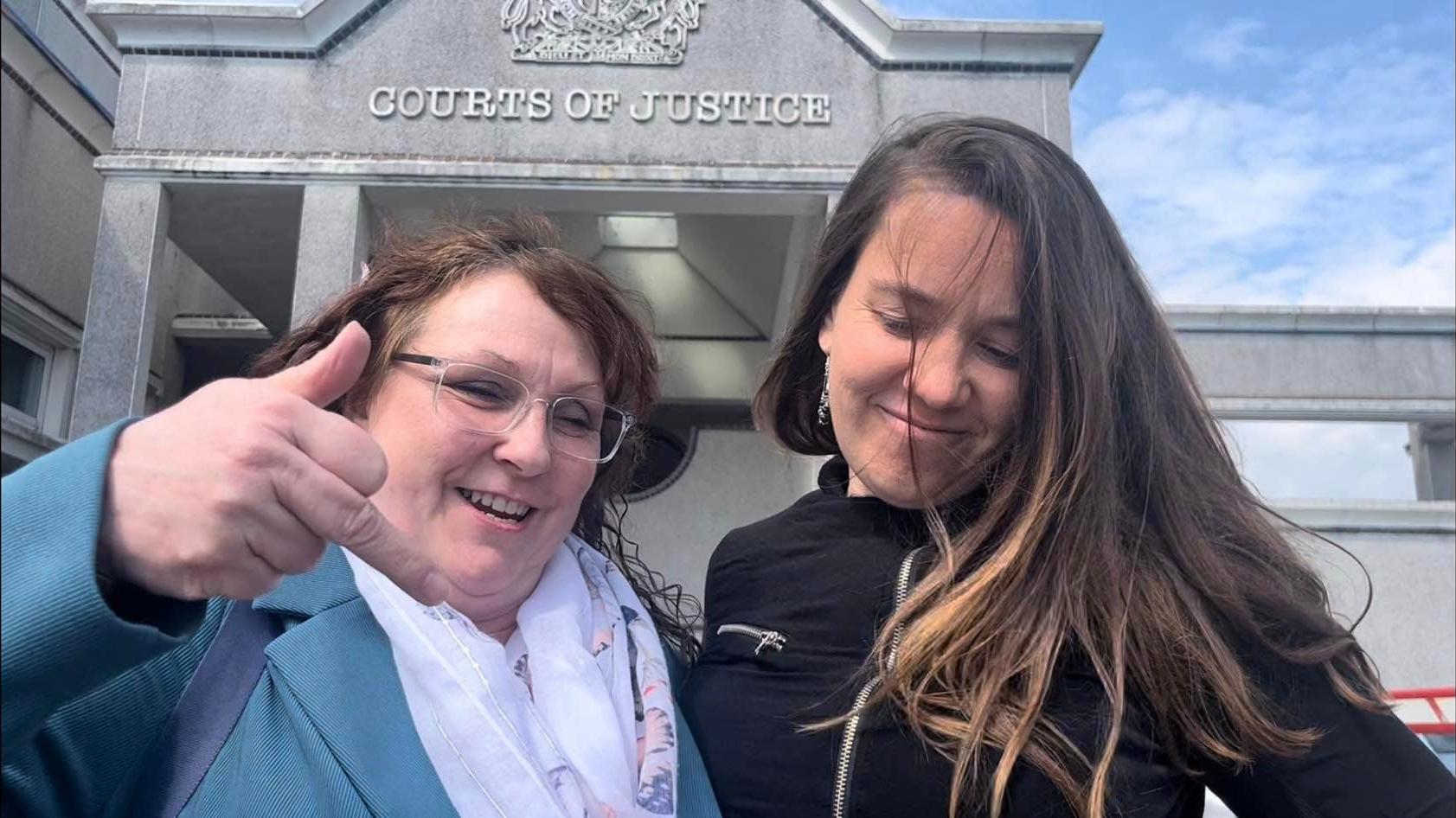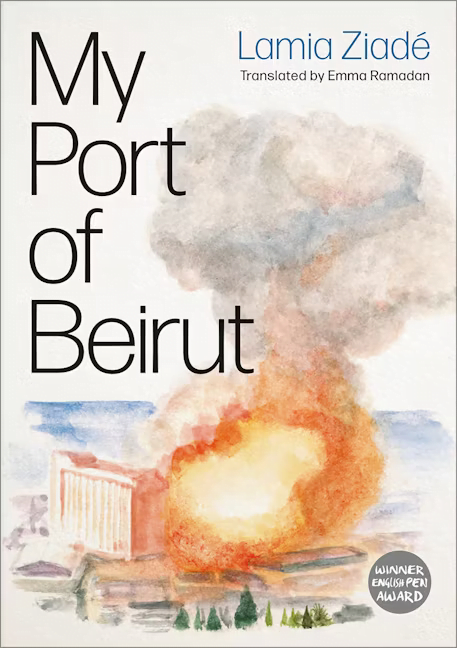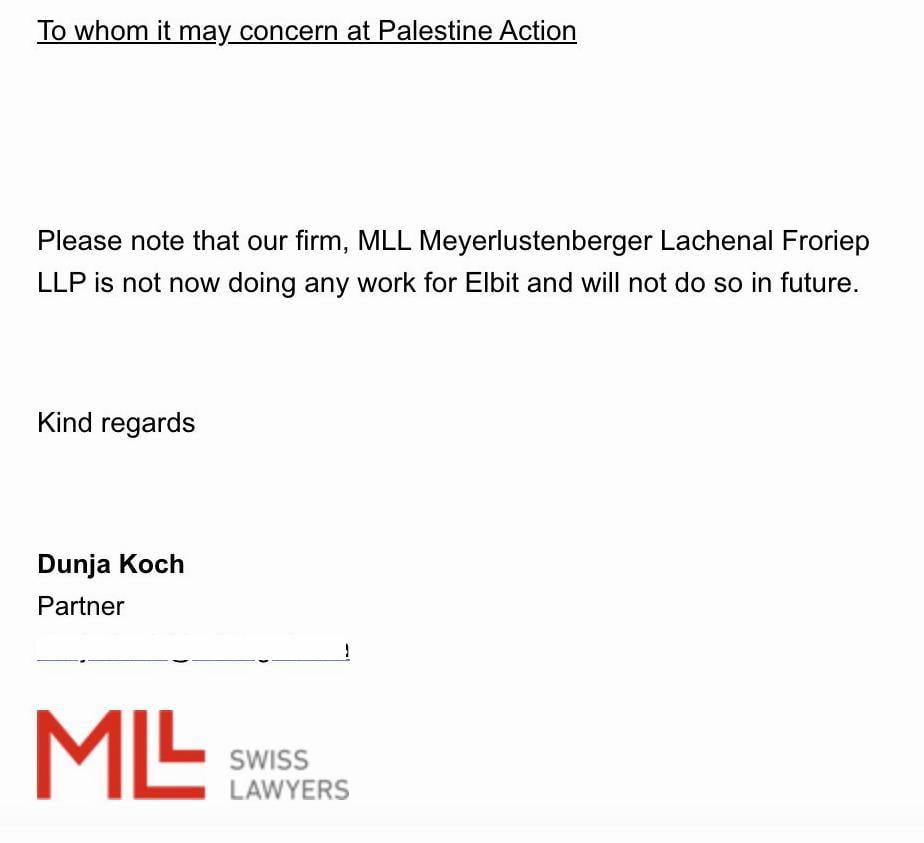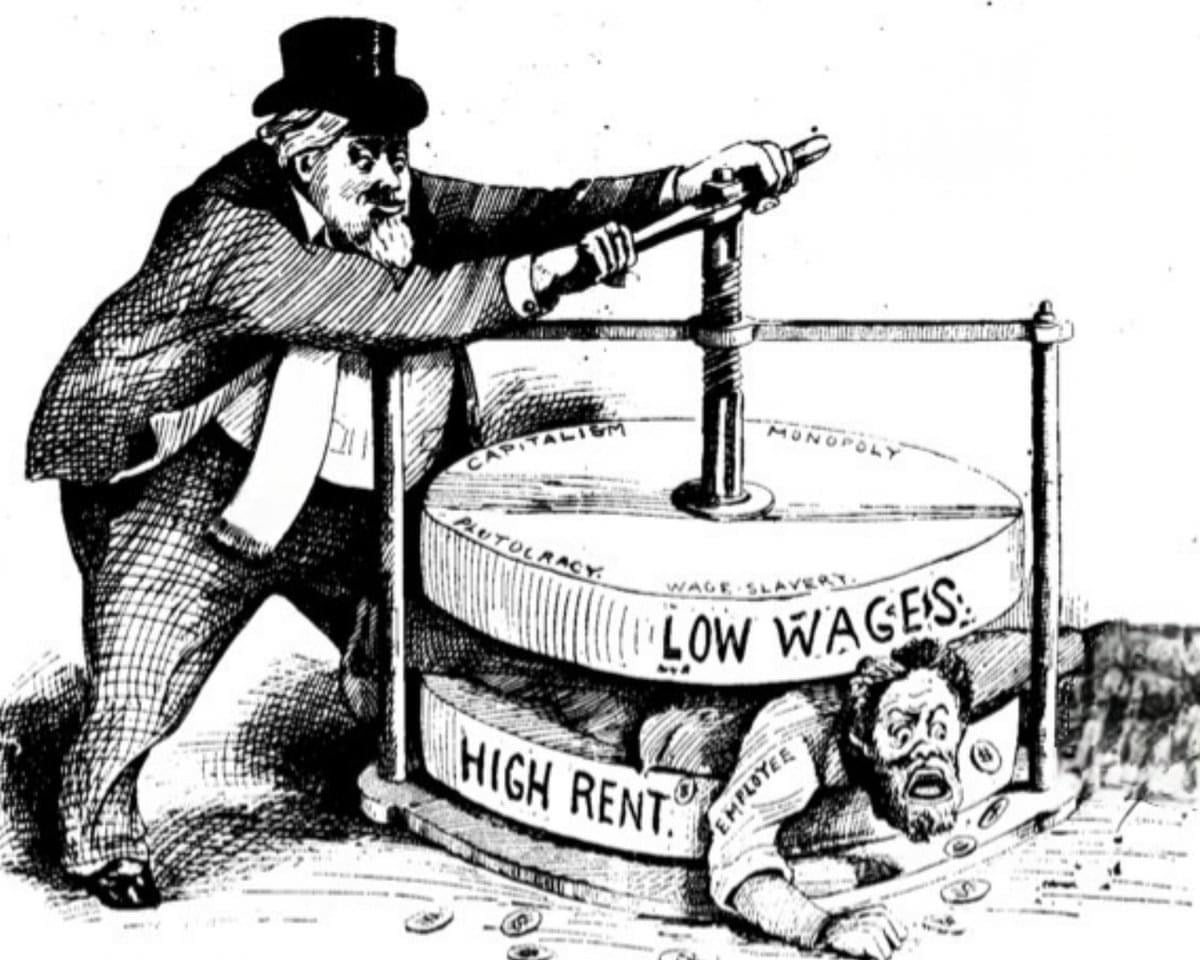Only 2 countries in the world have compulsory military service for both men and women[1]. Israel is one of them. Few countries in the world have military service so intertwined with a feeling of national identity as in Israel. As a student mentioned, whilst we were recently being hosted by a Reform Synagogue in Haifa, ‘without the army Israel would not exist’. Her statement is true. The Haganah, an underground Zionist military unit fought to maintain Jewish settlements by suppressing Arab revolts with force between 1920 and 1948[2]. This was during the British Mandate period of Palestine before an Israeli state existed. When Israel was granted statehood in 1948 the Haganah became the Israeli army (or the ‘Israeli Defence Force’). This militarisation filters through to many elements of daily life. For example when a young person is serving as a teacher for their national service they have to wear their green army uniform[3], normalising the military within schools from an early age. Teenagers in their military uniforms can be seen frequently in cities such as Tel Aviv and Haifa, as wearing their uniforms entitles them to have free public transport, or entry into a museum or art gallery. As one of the Rabbis at the Reform Synagogue said, ‘I want peace, but I also want my children to do their military service’. To me, peace and the military are contradictory forces; peace cannot be gained through violence. The military is inherently violent.
Two soldiers pray next to two Orthodox Jews at the Western Wall in Jerusalem. Photo credit: N. Ray/ EAPPI
Last week we heard from the organisation ‘Breaking the Silence’[6] where former Israeli military personnel are given a platform to ‘break their silence’ about what happened during their military service in the occupied territories. 27 year old Shay, told us about his personal experiences in the Israeli Army. He said he had grown up in Ariel[7], the 2nd biggest settlement in the West Bank, whose very existence is illegal under international law. Apparently most Israelis think that Ariel is not a very ideologically motivated settlement, but Shay disagreed and said it was very ideological. He explained that within Israeli society there is no question that teenagers will turn 18 and join the military. For him ‘joining the army was one of the most important things in my life’. However during his military service, questions he had been asking himself as a child began resurface.
It became easier to understand how the militarisation of society is maintained when Shay described that the only interactions he had with Palestinians before his military service was meeting them at stores outside Ariel or having stones thrown at him by Palestinian youths. Because there is so little contact between Palestinians and Israelis prior to a teenager’s military service, fear of the ‘other’ is more easily maintained and misunderstandings easily fostered. This became apparent during our time with the Reform Synagogue congregation in Haifa. Their descriptions of what they are told happens in the West Bank differed vastly from the reality that we experience on the ground. This is why ‘Breaking the Silence’ is such an important organisation, because it reveals to Israeli society at large what military policies are being implemented in their name in the West Bank, told by their fellow Israelis.
Shay described his first day in the West Bank after completing his military training. He was based by Suseya settlement in the South Hebron Hills. He said he volunteered to take the first shift in a watch tower by the settlement which was considered very dangerous. After 3 hours of stillness and calm a security officer from the settlement called Shay out of his post. The security officer told him to run towards a hill and load his gun. Shay was confused and didn’t understand who they were chasing after. The security officer was shouting in Arabic. Then in the distance Shay saw a 5 year old boy running, completely naked apart from the blue boots he was wearing. The little boy was screaming and crying. Shay said he stood frozen on the spot. The child disappeared and the security officer took Shay back to the post and said ‘good job’. Shay described that this first experience in the army was so illogical from the society he had been brought up in. At the time he speculated, with military logic, that if this little boy was really posing a threat, then why were more soldiers not called to assist? For Shay this incident began a process of questioning what they were really doing in the West Bank.
One of the testimonies collected by Breaking the Silence from a soldier serving at Itamar settlement near Yanoun affirms the relationship between settler security and the army. ‘Our army commander would say: If the civilian security official tells you something, do as he says. You ask yourself sometimes, who is my commander here? It was very problematic. It seemed as if the settlers and the army were the same force.’[8]
Shay described that the Israeli army operates in the occupied West Bank using fear and violence as basic elements of their strategy. He said that ‘making your presence felt’ was a term often used. Justified on the basis that if Palestinians feel that the Israel army’s presence is always felt it will ensure that there is no resistance. Shay said that ‘we [the Israeli army] have created a fearful population [in the West Bank] since 1967′.
[1] Eritrea and Israel
[2] http://www.britannica.com/EBchecked/topic/251461/Haganah
[3] A student from the Reform Synagogue in Haifa served as a teacher for her military service and told us that she had to wear her military uniform every day.
[4] Shministim means ‘twelfth-graders’ in Hebrew









